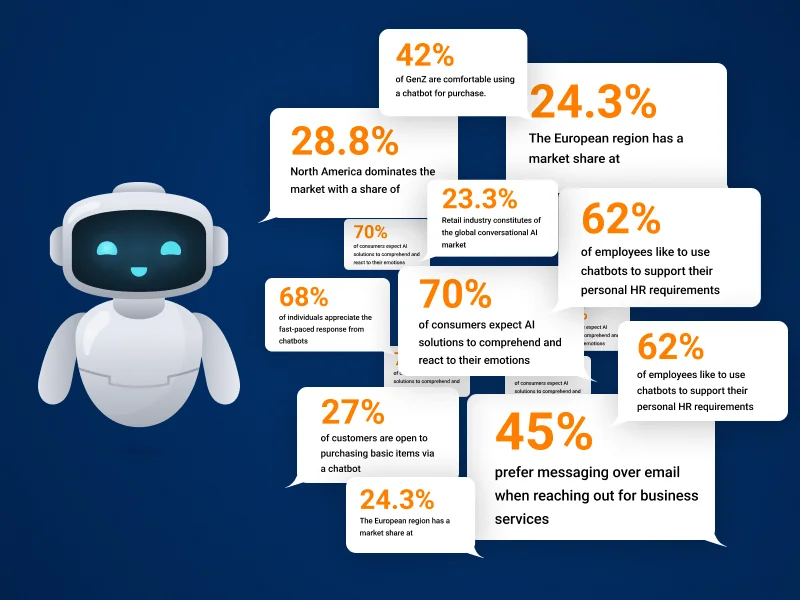Introduction
In today’s increasingly digital world, the dominance of big tech companies has emerged as a critical concern for global policymakers. Recently, India’s Finance Minister raised a powerful alarm: large technology firms may be endangering the principles of a free and fair digital marketplace. This statement reflects a growing recognition of the systemic risks that digital monopolies pose to competition, innovation, and consumer choice.
This blog explores the deep-rooted implications of the Finance Minister’s remarks, analyzing the power imbalance in the tech ecosystem, the consequences for emerging players, and the policy framework needed to restore equilibrium.
The Growing Dominance of Big Tech
Over the past two decades, a handful of technology companies—often referred to as “Big Tech”—have gained unprecedented market power. These include global giants that operate across search engines, e-commerce, cloud services, app stores, and social media platforms. Their dominance is not limited to their scale of operations but also extends to:
- Data Ownership: Control over vast amounts of user data gives them a competitive edge that others cannot match.
- Platform Dependence: Smaller businesses, developers, and advertisers rely heavily on these platforms for visibility and reach.
- Barrier to Entry: High network effects and massive R&D budgets make it nearly impossible for new entrants to compete on equal footing.
Finance Minister’s Concerns: A Wake-Up Call
The Finance Minister’s statement that “Big tech companies pose a risk to a free and fair digital market” should not be seen as a passing comment—it’s a policy signal. The concern is rooted in the following realities:
- Monopolistic Practices: From algorithmic bias to preferential treatment of their own services, tech giants have been repeatedly accused of stifling competition.
- Digital Colonialism: Foreign tech firms often dominate local markets without contributing proportionally to local economies or respecting domestic laws.
- Consumer Harm: While users may benefit from free services, the long-term costs include lack of choice, data misuse, and limited innovation.
- Economic Imbalance: The concentration of digital wealth in a few corporations undermines local startups and disrupts fair revenue distribution.
India’s Regulatory Standpoint
India is actively reshaping its digital regulatory landscape. Some key developments include:
- The Digital Competition Bill: Proposed to curb anti-competitive practices in the tech sector.
- Data Protection Framework: The Digital Personal Data Protection Act aims to regulate how companies collect and use personal data.
- Open Network for Digital Commerce (ONDC): An alternative to dominant e-commerce platforms to empower local businesses and consumers.
These efforts signal a commitment to building an inclusive and balanced digital economy, where no single entity can distort market dynamics.
Global Perspective: Not Just an Indian Issue
India is not alone. Around the world, countries are confronting the same issue:
- EU’s Digital Markets Act (DMA): Targets “gatekeepers” to ensure fair competition.
- US Antitrust Actions: Major lawsuits have been filed against firms like Google, Amazon, and Apple for anti-competitive behavior.
- China’s Crackdown on Tech Giants: Aimed at ensuring tech companies align with national interests.
The Finance Minister’s remarks align with this global push to rein in excessive corporate power in the digital domain.
What’s at Stake?
If left unchecked, big tech companies could reshape the internet into a closed, highly commercialized space controlled by a few corporations. The risks include:
- Suppression of innovative startups
- Reduced bargaining power for consumers
- Undue influence on democratic processes through content and data control
- Unregulated expansion of corporate surveillance
A free and fair digital market is not just about economics—it’s about protecting the fundamental rights of users, entrepreneurs, and nations.
The Way Forward
Addressing the challenges posed by Big Tech requires a multi-layered approach:
- Robust Regulation: Laws must evolve to deal with digital monopolies and cross-border tech governance.
- Tech Sovereignty: Nations need to invest in domestic alternatives and reduce dependence on foreign platforms.
- Transparency and Accountability: Algorithms, advertising models, and data practices should be subject to public scrutiny.
- User Empowerment: Educating citizens about digital rights, data privacy, and platform alternatives is crucial.
Conclusion
The Finance Minister’s warning about the risks posed by big tech companies is timely and necessary. As digital ecosystems become central to our economies and societies, ensuring that these spaces remain open, competitive, and equitable is of paramount importance. Without proactive intervention, the unchecked power of a few technology corporations could erode the very foundations of a free-market economy. Governments, regulators, businesses, and citizens must work together to restore balance in the digital age—before it’s too late.


